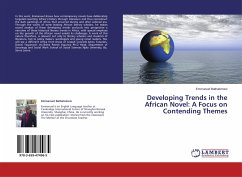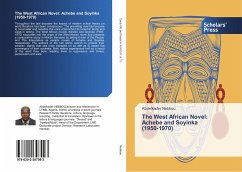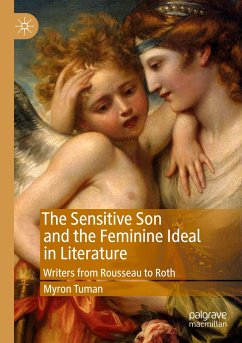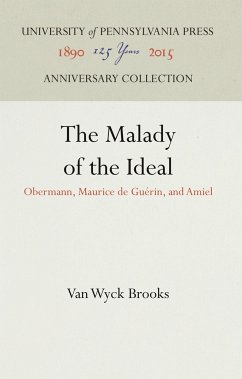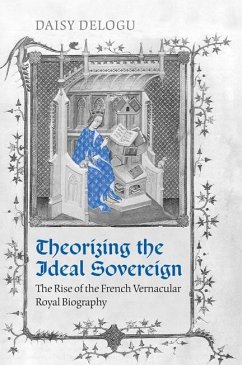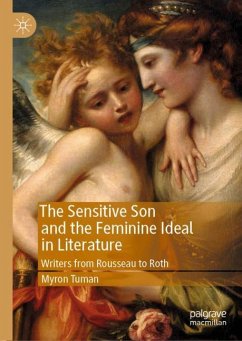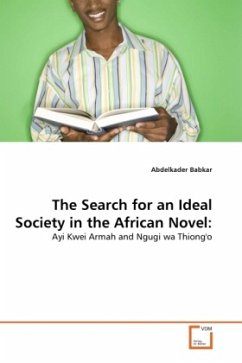
The Search for an Ideal Society in the African Novel:
Ayi Kwei Armah and Ngugi wa Thiong'o
Versandkostenfrei!
Versandfertig in 6-10 Tagen
32,99 €
inkl. MwSt.

PAYBACK Punkte
16 °P sammeln!
The subject treated in this book is about how Armaih and Ngugi begin(in their novels) first by depicting the status quo in Ghana and Kenya respectively; in their respective endeavours, they express their dissociation from this very status quo to project a vision, stemming from their ideologies, of an ideal r-society whereby the mode of conduct would be to contribute to the common well-being. Their ideologies are a synthesis of their traditional thought (the Akan in the case of Armah and the Gikuyu in the case of Ngugi) and the Western world view, though Armah quite singularly, tends to deny an...
The subject treated in this book is about how Armaih and Ngugi begin(in their novels) first by depicting the status quo in Ghana and Kenya respectively; in their respective endeavours, they express their dissociation from this very status quo to project a vision, stemming from their ideologies, of an ideal r-society whereby the mode of conduct would be to contribute to the common well-being. Their ideologies are a synthesis of their traditional thought (the Akan in the case of Armah and the Gikuyu in the case of Ngugi) and the Western world view, though Armah quite singularly, tends to deny any Western value that would influence positively his society. Armah's ideology of the 'way,'or reciprocity, could be considered as the oppositional voice to Western hegemony. He claims it to be superior to the Western view, or the 'gleam', as he calls it in The Beautyful Ones Are Not Yet Born. Ngugi's ideology for its part combines traditional culture that clings to land and the Western philosophy of Marxism which, contrary to Armah's belief, can share a common ground with the African communalistic spirit.



